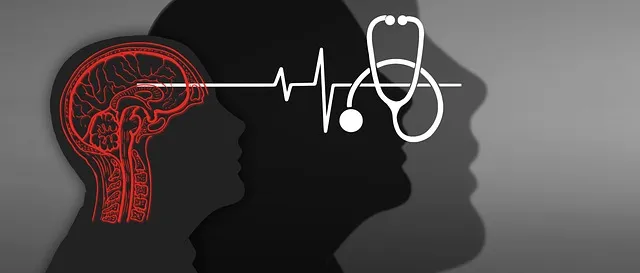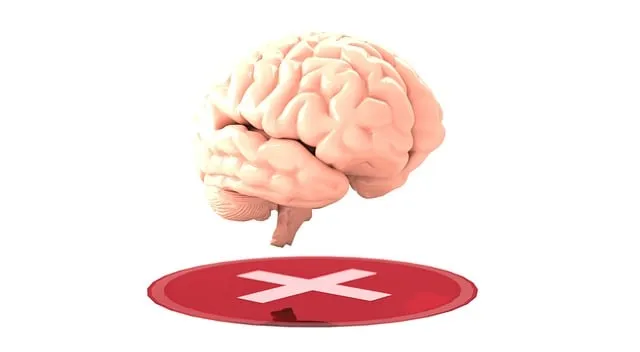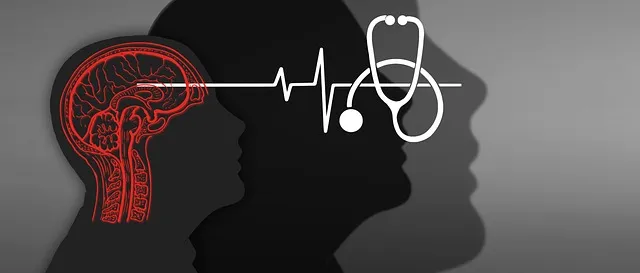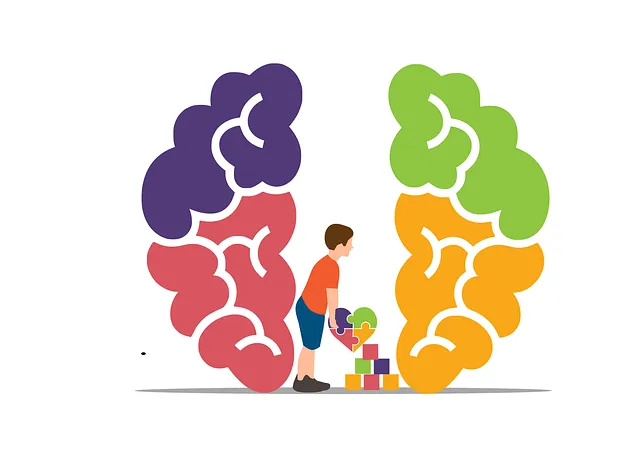The Northglenn Kaiser Permanente mental health access center prioritizes comprehensive risk management to ensure a resilient and adaptable environment for patients and staff. Through integrating innovative tools like mental wellness journaling, burnout prevention strategies, and stigma reduction initiatives, the center proactively addresses patient safety concerns and practitioner well-being. Emphasizing Emotional Intelligence training and Mind Over Matter principles, they foster a supportive ecosystem that enhances care quality, promotes resilience, and ensures long-term sustainability of mental health services.
“Mental health professionals face unique challenges, necessitating robust risk management planning. This article explores comprehensive strategies for navigating risks within clinical settings, using the Northglenn Kaiser Permanente Mental Health Access Center as a case study. We delve into identifying potential hazards, from patient confidentiality breaches to staff burnout. By examining these risks, we’ll guide readers through developing tailored plans, implementing mitigation strategies, and ensuring ongoing monitoring. Discover how these steps enhance patient safety and foster a resilient environment at the Northglenn Kaiser Permanente center.”
- Understanding Risk Management in Mental Health Care
- The Northglenn Kaiser Permanente Mental Health Center: A Overview
- Identifying Potential Risks and Hazards
- Developing a Comprehensive Risk Management Plan
- Implementing and Monitoring Effective Risk Mitigation Strategies
Understanding Risk Management in Mental Health Care

Risk management planning is a critical aspect of mental health care, ensuring professionals can provide safe, effective, and compassionate services to their clients. At the Northglenn Kaiser Permanente mental health access center, understanding risk encompasses recognizing potential hazards within the therapeutic environment, from patient safety concerns to practitioner well-being. It involves proactive strategies to mitigate these risks, fostering a culture of resilience and adaptability.
Effective risk management in mental health care incorporates various components, including mental wellness journaling exercise guidance as a tool for self-care, burnout prevention strategies for healthcare providers, and mental illness stigma reduction efforts. By integrating these practices, the Northglenn Kaiser Permanente center aims to create a supportive ecosystem where both patients and professionals can thrive, ultimately enhancing the quality of mental health services delivered.
The Northglenn Kaiser Permanente Mental Health Center: A Overview

The Northglenn Kaiser Permanente Mental Health Center stands as a beacon of hope and healing in the heart of Colorado. This comprehensive mental health access center offers a wide array of services tailored to cater to diverse needs, ensuring that individuals from all walks of life have equal opportunities for recovery and well-being. From individual therapy sessions to group support meetings, the center’s holistic approach prioritizes every patient’s unique journey towards mental resilience.
As a pioneering facility in the region, Northglenn Kaiser Permanente has been at the forefront of mental illness stigma reduction efforts, fostering an environment that promotes understanding and empathy. Their dedicated team comprises seasoned therapists, social workers, and support staff who are committed to providing culturally sensitive care. Additionally, the center actively engages in community outreach program implementation, expanding its reach beyond traditional boundaries and ensuring that mental health services are accessible to those who might otherwise face barriers.
Identifying Potential Risks and Hazards

Mental health professionals at Northglenn Kaiser Permanente mental health access center are confronted with a unique set of risks and hazards that demand meticulous identification and management. From intense emotional experiences shared by clients to high-stress work environments, every aspect of their professional lives requires careful consideration. By proactively identifying potential risks, such as burnout, secondary traumatic stress, and ethical dilemmas, professionals can better prepare themselves for challenges specific to the field.
This process involves a comprehensive evaluation of various factors, including client caseloads, exposure to traumatic narratives, and the support systems in place. Recognizing that stress reduction methods like mindfulness practices, compassion cultivation techniques, and self-care routines are essential tools for mitigating these risks, professionals at Northglenn Kaiser Permanente mental health access center prioritize well-being as a cornerstone of their practice.
Developing a Comprehensive Risk Management Plan

Developing a comprehensive risk management plan is an essential step for mental health professionals at the Northglenn Kaiser Permanente access center. This involves identifying potential risks and hazards that may arise in the workplace, including those related to patient care, staff well-being, and operational continuity. A robust plan should incorporate strategies to mitigate these risks, focusing on proactive measures that enhance safety and resilience.
Emotional Intelligence plays a pivotal role in effective risk management. Mental health professionals can benefit from incorporating regular training sessions and workshops centered around emotional intelligence and stress management techniques. These programs, designed with input from experienced facilitators, could include activities aimed at enhancing self-awareness, regulating emotions, and building strong interpersonal connections. Such initiatives contribute to creating a supportive work environment, fostering better patient interactions, and ensuring the long-term sustainability of mental health services provided at the Northglenn Kaiser Permanente center.
Implementing and Monitoring Effective Risk Mitigation Strategies

Implementing risk mitigation strategies is a cornerstone of effective mental health practice, especially at institutions like Northglenn Kaiser Permanente Mental Health Access Center. These strategies, grounded in Mind Over Matter Principles, are designed to proactively address potential risks and ensure patient safety. By integrating Self-Esteem Improvement techniques and Stress Reduction Methods, professionals can create a supportive environment that fosters resilience and well-being among patients.
Regular monitoring of these strategies is crucial. This involves continuous assessment of patient progress, evaluating the effectiveness of interventions, and making adjustments as needed. Through diligent monitoring, mental health practitioners at Northglenn Kaiser Permanente can identify emerging risks early on and implement targeted interventions to mitigate them, thereby enhancing overall care quality and patient outcomes.
Mental health professionals, like those at the Northglenn Kaiser Permanente Mental Health Access Center, must prioritize risk management to ensure patient safety and deliver quality care. By identifying potential risks and hazards, developing a comprehensive plan, and implementing effective mitigation strategies, practitioners can create a secure environment that promotes healing. This structured approach not only enhances patient outcomes but also fosters a resilient and adaptable practice, ultimately benefiting both professionals and the diverse range of individuals they support.






